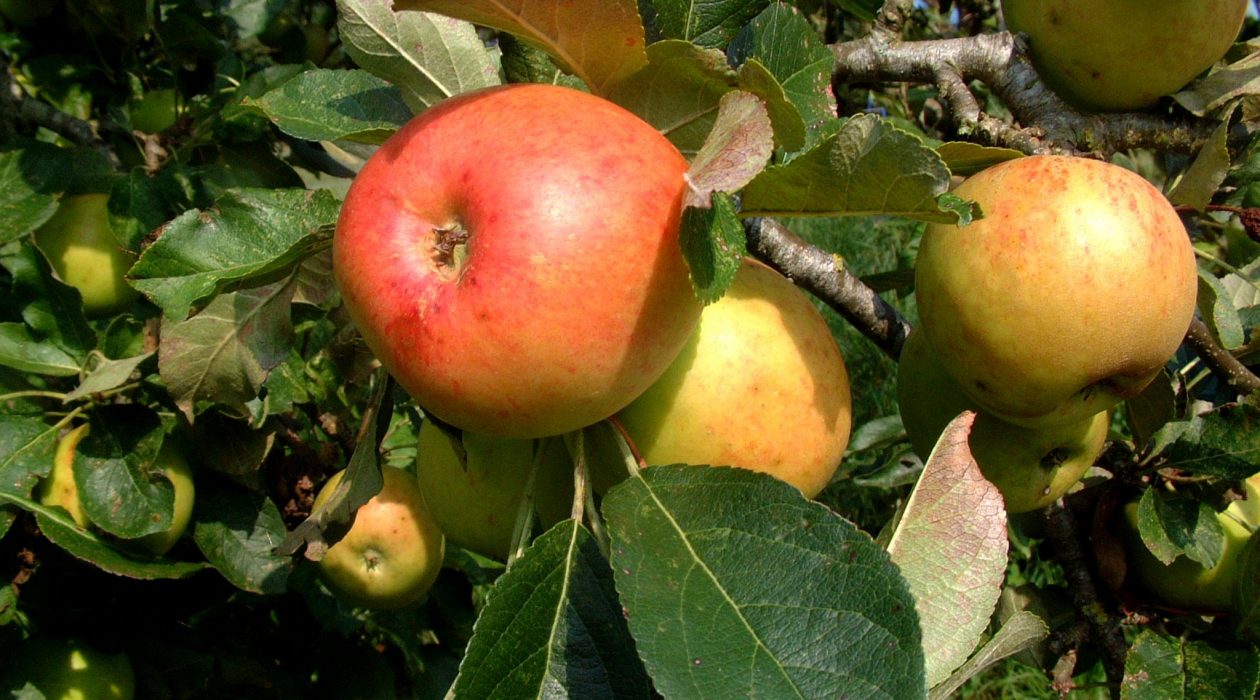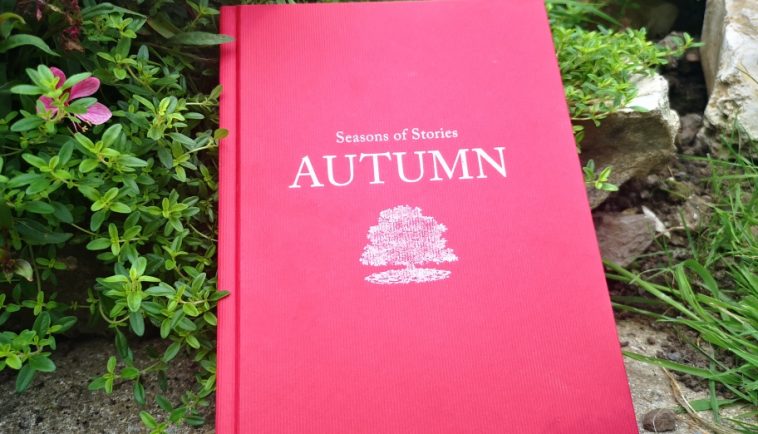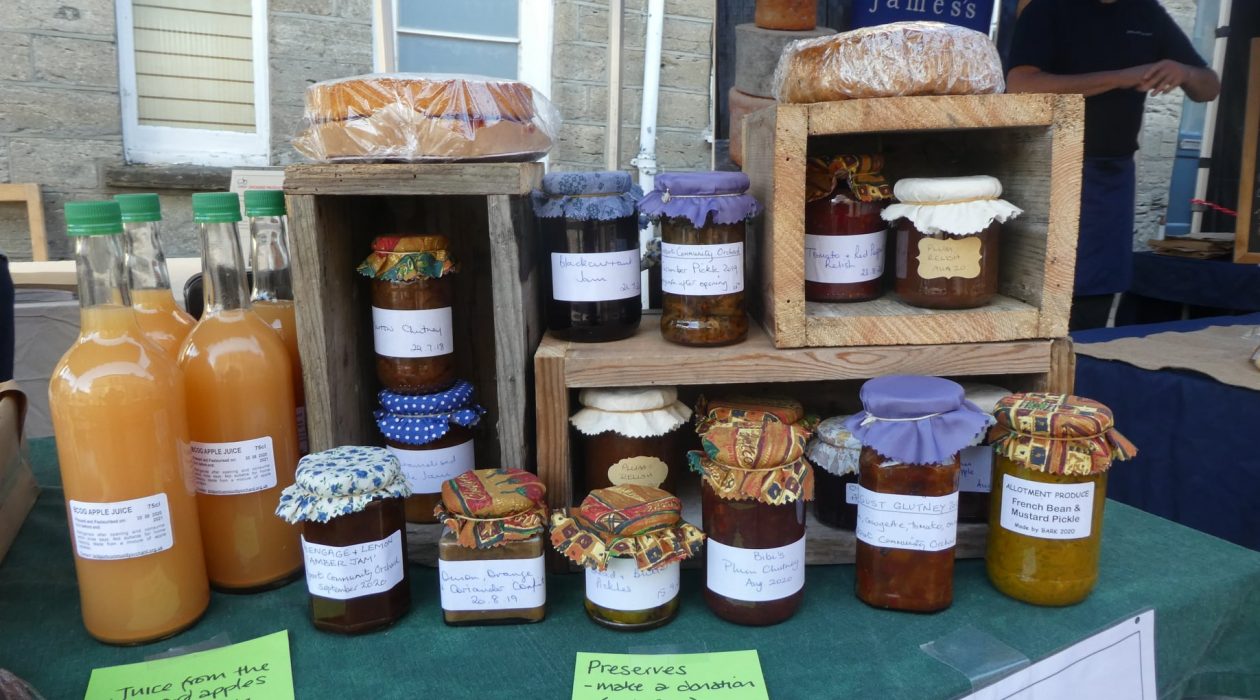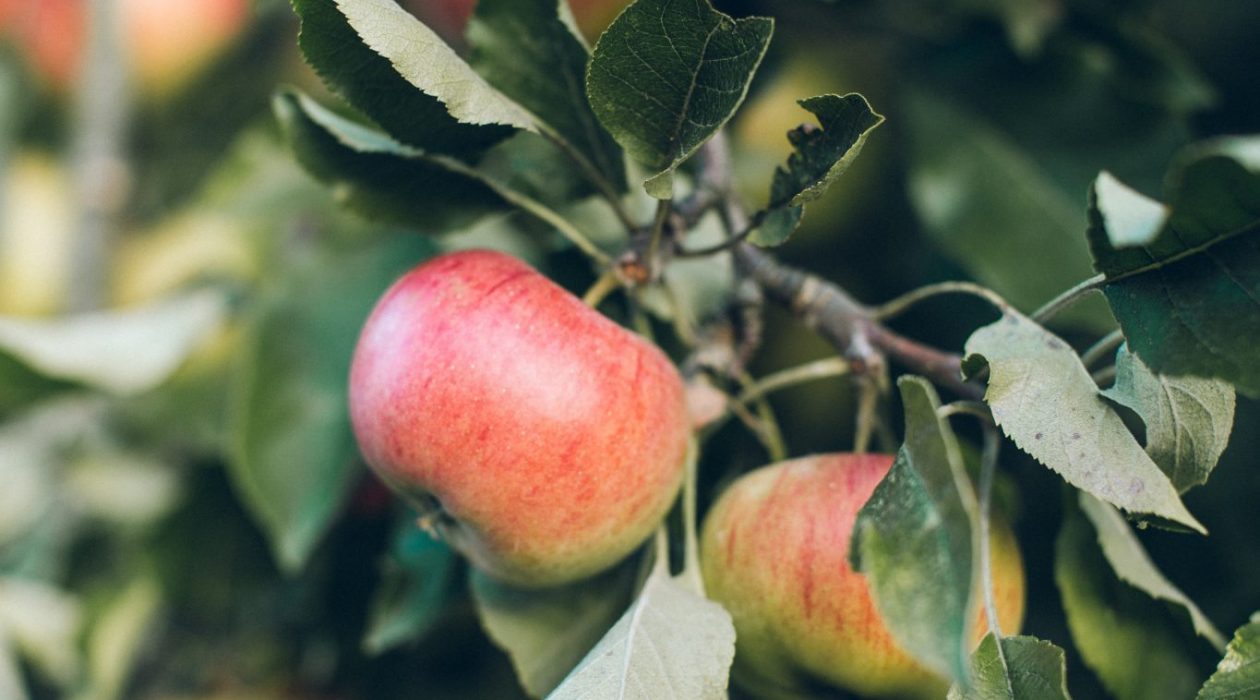Dorset Food & Drink celebrates Dorset Cider
For many of the people in the West Country, cider is described as the nectar of the Gods and once you’ve tasted these locally brewed ciders using fruit grown in Dorset, you’ll be inclined to agree!
The historic way, or as some might say, the right way, to make a cider is from fermented apple juice. Of course, there are lots of different apples available and all of them will make a slightly different cider, so depending on your preference, keep an eye out for the various apple cider varieties.
In the UK, there are two main traditions of making cider, the West Country method and the East Anglia method. With the West Country method, the drinks are made using a much higher percentage of the true cider apples and so are richer and sharper in flavour, while those from the east of the UK tend to be clearer and lighter.
Marshwood Vale Magazine have been delving into to the colourful history of Dorset cidermaking, with illuminating film footage from the Marshwood Vale cidermakers, shot in the 1960s. This is just one of the treasure trove of films archived by the Windrose Rural Media Trust as part of their Close Encounters Media Trail.



